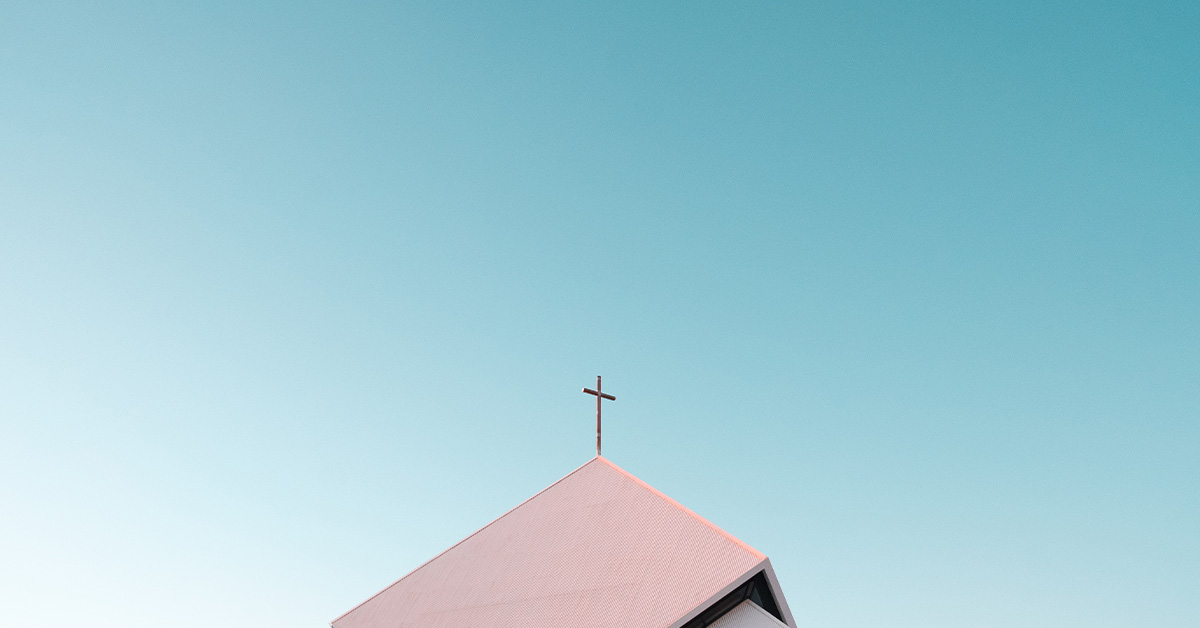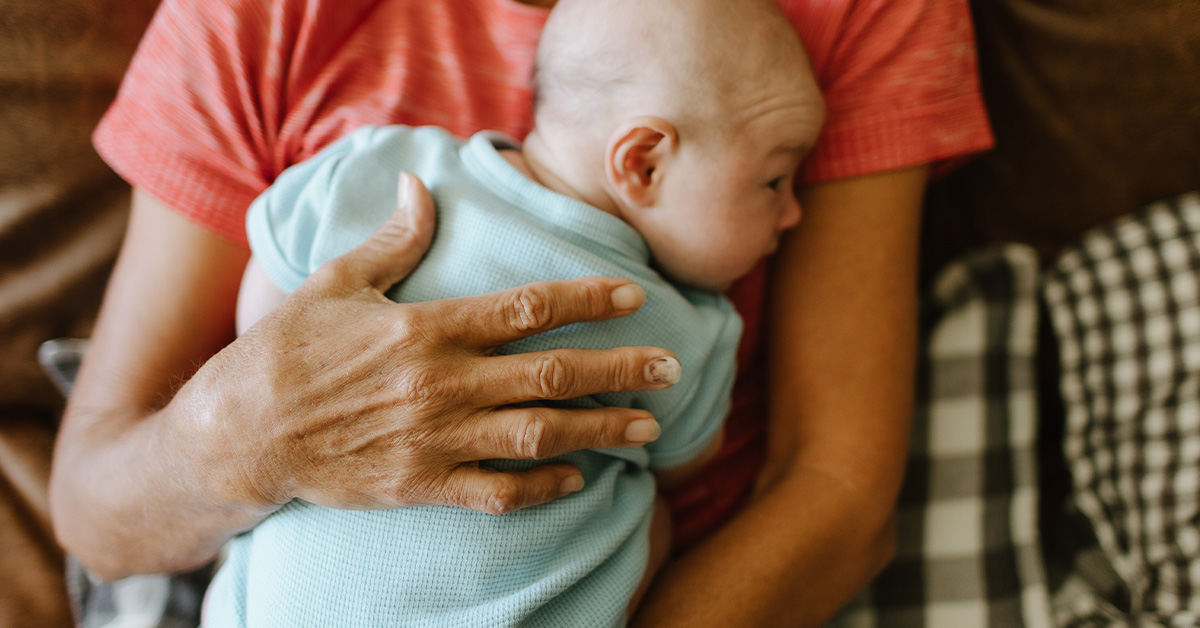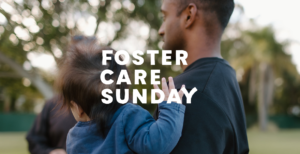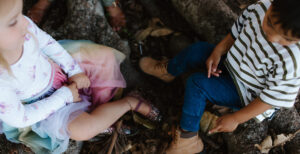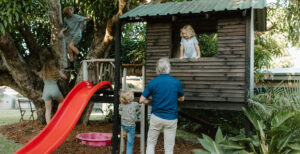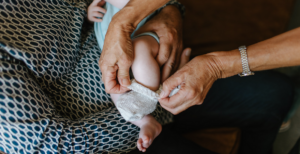A foster care chaplain. Barb’s story
Barb stepped into a part-time Foster Care Chaplain role, not knowing exactly what it would look like but with the support of Lifehouse Church leadership who wanted the church to start engaging in the Foster Care space in some way.
The leadership team had been reimagining the possibilities for local mission and were aware of the needs in the Foster Care system through a mix of personal and professional involvement in the sector. Barb was given scope to explore what the role could be.
So far, the focus has been on supporting Foster Carers within the church. Barb checks in regularly through phone calls and asks what she can do. The answers to this question have looked really different. Each carer is unique in terms of how much they’ve wanted to share any needs or accept support.
Barb has helped with housework, dropped off meals, given a carer a break for a few hours, and provided an extra pair of hands to help with the kids when a family needed to attend an appointment. Barb has provided emotional support and attended a key meeting with a family during a really challenging moment in their care journey. For one carer, described as “so chilled and capable”, it’s a cup of tea and affirmation that has meant the most. She is thankful that the church has recognised her ministry. The existence of Barbara’s role has communicated simply but significantly, “We see you; we see what you’re doing”.
“It has given me awareness,” Barb says, “The load being carried and the risk these parents are putting their heart in.” She knows no family is perfect and has seen that the system certainly isn’t either. It’s messy and emotional. If a placement ends when a child goes to their forever family, if an allegation is made, or just in the day-in day-out demands of caring for children from hard places, there is great power in presence.
Being there, alongside them, providing a listening ear, is really meaningful.
Barb says it’s still early days and it has taken a lot of time, but she’s glad about that. She’s learned who these carers are, what their needs are, and has built relationship. Whether it’s dropping around a case of mangoes, or watching a carer’s kids while they’re at the play centre, the carers’ gratitude has been clear.
Barb is working on developing a team and finding other members of the church who can help support families. She cautions, it has to be the right person, someone who has a heart for this ministry. It’s also important to make sure that it’s something the care family is ok with. She says it’s good to point out that it’s not as huge a commitment as they might think; a phone call or dropping around a meal. Regarding the Foster Carers, she says, “they are easy to love and support!”
How can your church community come alongside carers and build a ministry of Out-of-Home Care that makes a significant difference in your local community?
Find out more and access The Homeward Project Discovery Pack here.
